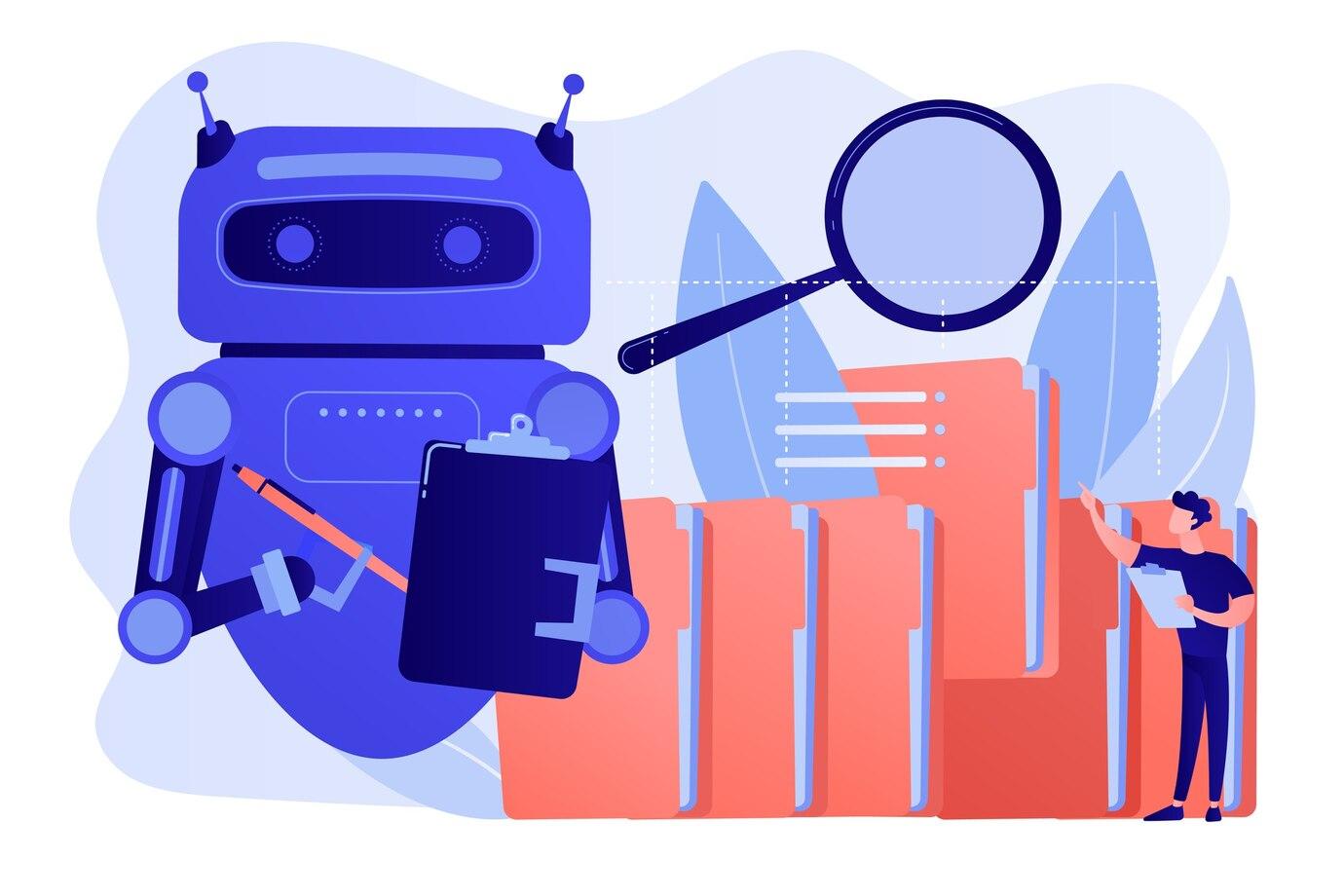How Technology is Transforming Alternative Asset Valuation

The world of alternative assets, encompassing private equity, venture capital, real estate, and infrastructure, has long grappled with the complexities of valuation. Traditional methods often relied on manual processes, subjective assessments, and limited data, leading to inefficiencies and potential inaccuracies. However, the rapid advancement of technology is revolutionizing this landscape, bringing greater transparency, efficiency, and accuracy to alternative asset valuation.
Data Analytics and AI:
One of the most significant transformations is driven by the power of data analytics and artificial intelligence (AI). These technologies enable the processing and analysis of vast datasets, providing deeper insights into asset performance and market trends.
- Enhanced Data Gathering: AI-powered tools can automate the collection and aggregation of data from diverse sources, including financial statements, market reports, and even social media. This comprehensive data foundation enhances the accuracy of valuation models.
- Predictive Analytics: Machine learning algorithms can identify patterns and trends in historical data, enabling more accurate predictions of future asset performance. This is particularly valuable in illiquid markets where traditional valuation methods may lag.
- Automated Valuation Models: AI can automate the application of complex valuation models, reducing the time and effort required for manual calculations. This not only increases efficiency but also minimizes the risk of human error.
Cloud Computing and Collaboration:
Cloud computing has democratized access to sophisticated valuation tools and data. It also facilitates seamless collaboration among stakeholders.
- Centralized Data Repositories: Cloud-based platforms provide secure and centralized repositories for all valuation-related data, ensuring data consistency and accessibility.
- Real-Time Collaboration: Cloud-based tools enable real-time collaboration among valuation professionals, investors, and fund managers, streamlining the valuation process.
- Scalability and Flexibility: Cloud computing offers scalability and flexibility, allowing valuation professionals to adapt to changing data volumes and analytical requirements.
Blockchain and Transparency:
Blockchain technology is emerging as a powerful tool for enhancing transparency and trust in alternative asset valuation.
- Immutable Records: Blockchain provides an immutable and auditable record of asset ownership and transactions, reducing the risk of fraud and disputes.
- Smart Contracts: Smart contracts can automate the execution of valuation agreements, ensuring transparency and efficiency.
- Tokenization: Tokenization of alternative assets allows for fractional ownership and increased liquidity, facilitating more accurate and transparent valuations.
Improved Risk Management:
Technology is also empowering valuation professionals to better assess and manage risk.
- Scenario Analysis: Advanced analytics tools enable the creation of sophisticated scenario analyses, allowing for the evaluation of potential risks and their impact on asset valuations.
- Stress Testing: Technology facilitates stress testing of valuation models, helping to identify vulnerabilities and assess the resilience of asset valuations to adverse market conditions.
- Real-Time Monitoring: Technology enables real-time monitoring of asset performance and market trends, allowing for timely adjustments to valuation models and risk assessments.
In essence, technology is reshaping alternative asset valuation by providing access to more data, advanced analytics, and greater transparency. This transformation is leading to more accurate, efficient, and reliable valuations, ultimately benefiting investors and fund managers alike.
- Art
- Causes
- Crafts
- Dance
- Drinks
- Film
- Fitness
- Food
- Jocuri
- Gardening
- Health
- Home
- Literature
- Music
- Networking
- Alte
- Party
- Religion
- Shopping
- Sports
- Theater
- Wellness




